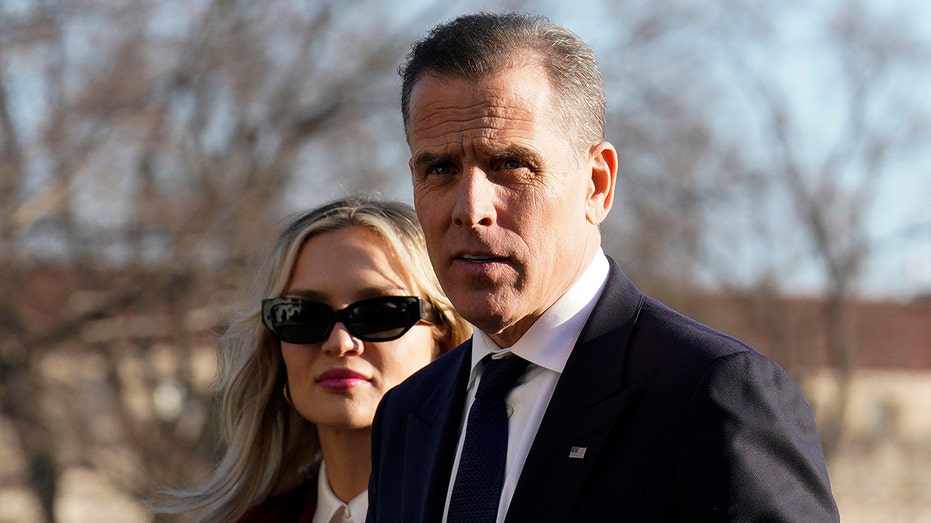Salem-Keizer School District Superintendent Andrea Castañeda (left) and Oregon Department of Education Director Charlene Williams (third from left) joined district employees at a phone banking event at Waldo Middle School in Salem last October. Castañeda on Wednesday joined other superintendents trying to draw attention to federal cuts impacting Oregon kids. (Alex Baumhardt/Oregon Capital Chronicle)This article was originally published by Salem Reporter and is reprinted here with permission.
The superintendents of Oregon’s largest school districts say Trump administration cuts to food banks, threats to withhold public school funding and a budget proposal to eliminate Head Start would have devastating impacts on Oregon children and families.Seven superintendents, including Andrea Castañeda of Salem-Keizer School District, released a video Wednesday speaking about the impact of federal cuts on Oregon children and schools.“Decisions made in D.

C. are showing up as empty plates in Oregon and it’s our children who are going without,” said Kimberlee Armstrong, Portland Public Schools superintendent.Leaders of Beaverton, Hillsboro, Tigard-Tualatin, Bend-LaPine and Eugene schools also appeared in the video.
The video did not mention Trump by name, and superintendents framed their statements as upholding shared Oregon values.“We’re a community that cares about our kids and families. Speaking up doesn’t have to be polarizing,” said Iton Udosenata, Tigard-Tualatin superintendent.
Castañeda said in a news conference Wednesday that the video resulted from weeks of superintendents speaking with each other about “rapid and sometimes pretty devastating change” in policies toward schools and families.“We have a very thin and fragile safety net in this state, and we cannot afford any of those losses,” she said.She said the group sought to draw attention to federal cuts and issues that have gotten less public attention amid a whirlwind of changes as President Donald Trump and his appointees have acted rapidly to reshape and cut the federal government.
“The thing that I hope the most is that we inspire people to ask the questions of themselves, of their neighbors, of their family, members of their community: Do you know what’s happening right now? Do you believe that that is the right thing for kids and families? Do we believe that these changes will make our children stronger and our schools healthier? And if you don’t, what can we do together?” Castañeda said.Local families and schools are already seeing some impacts from cuts and policy changes, she said. Families she has spoken to in Salem who are U.
S. citizens have stopped speaking Spanish, their native language, in public.She expects this year to see fewer Salem high school seniors who are citizens but have undocumented people in their families apply for federal financial aid for college over fears that immigration authorities will use that information.
“It just creates further deprivation of resources for families who are already too far from the basic resources that they need,” she said.Many district schools have food pantries to help families struggling with having enough to eat. Castañeda said schools cannot be expected to pick up the slack of Oregon’s social safety net.
“That is an act of heroism, not a sustainable feature of supporting families experiencing homelessness and hunger,” she said.Head Start has been of particular concern to educators. The federal program has provided preschool and daycare for low-income families for decades, enjoying bipartisan support across presidential administrations.
Hundreds of Salem kids attend local programs through a mix of state and federal funding.“It is the most important way to give students a strong start, and it has been for decades,” Castañeda said.In early April, the Department of Health and Human Services abruptly closed half the regional offices supporting the program, including one in Seattle that oversaw Oregon programs.
A White House budget proposal calls for eliminating the program entirely, the Associated Press reported.“There is absolutely no way school systems can make up that difference,” Castañeda said. GET THE MORNING HEADLINES.
SUBSCRIBE.
Politics

School superintendents urge Oregonians to speak up about federal cuts impacting kids

The superintendents of Oregon’s largest school districts say Trump administration cuts to food banks, threats to withhold public school funding and a budget proposal to eliminate Head Start would have devastating impacts on Oregon children and families















